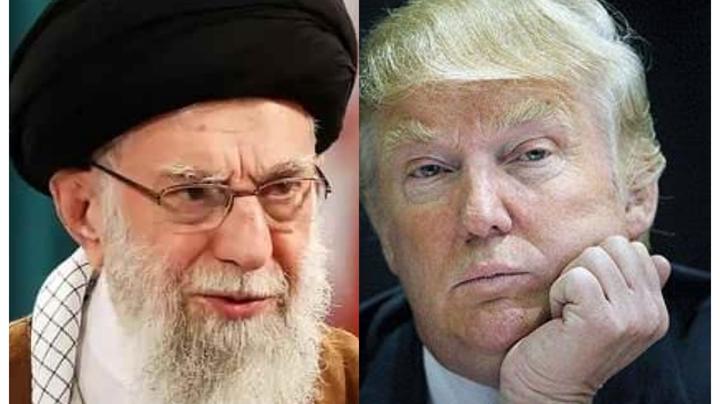As tensions escalate in the aftermath of U.S. strikes on Iran’s nuclear infrastructure, a new front of geopolitical maneuvering is opening in the Persian Gulf. Iran’s parliament has approved a plan to potentially close the Strait of Hormuz—one of the world’s most critical oil shipping lanes—triggering fresh concern from Washington. But while such a move might appear aimed at America, Colonel Grant Newsham believes it could backfire on China far more.
Speaking in an interview on Fox News, Newsham, senior fellow at the Center for Security Policy and author of When China Attacks, warned that while Iran’s threat may seem like retaliation against the U.S., “this would impact China far more than it would the United States.”
Iran’s decision could block roughly $1 billion worth of daily oil shipments. U.S. Secretary of State Marco Rubio reacted sharply to the move, suggesting that Tehran would be making a fatal mistake by closing the strait. In Rubio’s words: “Call them about that, because they heavily depend on the Strait of Hormuz for their oil. It’ll be another terrible mistake. It’s economic suicide for them if they do it.”
When asked if China would pick up the phone and tell Iran not to follow through with its threat, Colonel Newsham didn’t rule it out—but offered a more calculated possibility: “They might. Or they might say, ‘Just let Chinese ships through,’ like they’ve done in the Red Sea with the Houthis.”
This pragmatic response points to China’s pattern of self-preservation rather than regional stabilization. According to Newsham, “That’s a possibility.” He emphasized, however, that actually shutting down the Strait would be far from easy. “Closing off the Strait of Hormuz is actually harder than you might think. It’s been tried before; back in the ‘80s, and the Iranians couldn’t pull it off.”
What makes the threat credible, yet challenging to execute, is that such a closure would require a larger and more coordinated response from the U.S. and its allies. But that raises a different concern altogether. “That would require more of a commitment by U.S. forces, and we don’t seem to have too many allies who are willing to jump in. But maybe we could shame a few into that,” Newsham observed.
While the strategic consequences are being analyzed in defense circles, Newsham expressed skepticism that China would lift a finger to help the U.S. “Whether or not China will actually help us or do us any favors? I doubt that.”
Instead, he proposed that the U.S. confront Beijing with a clear choice: “We should give them a choice, really: do you want to do business with Iran, or do you want to do business with us?” And in that kind of pressure scenario, Newsham believes, “China just might act a little differently.
Find Verified News At Your fingertips Click The Button Below

